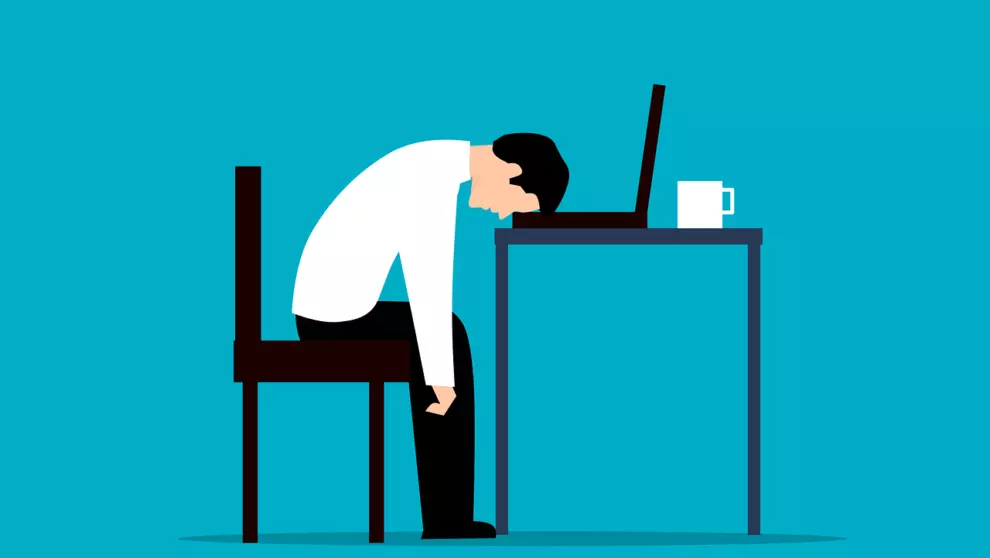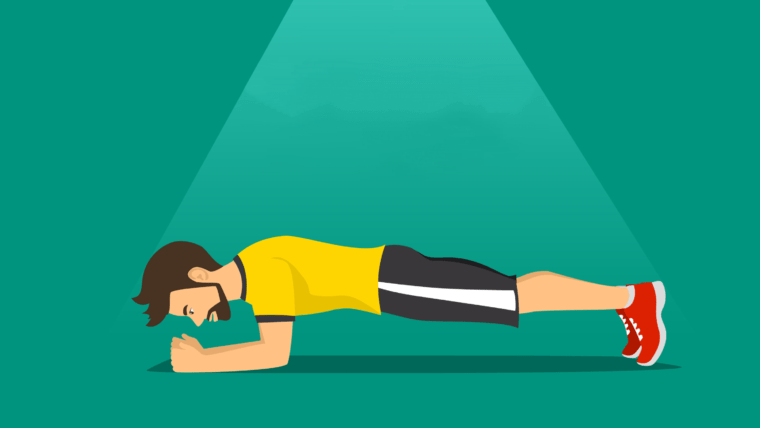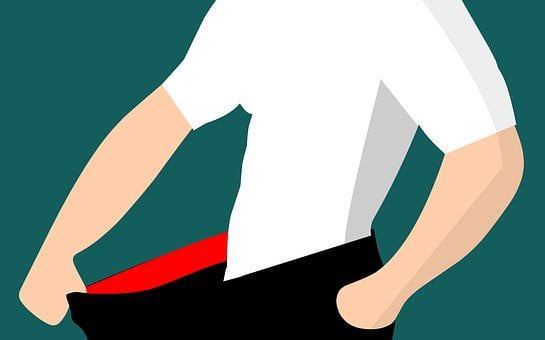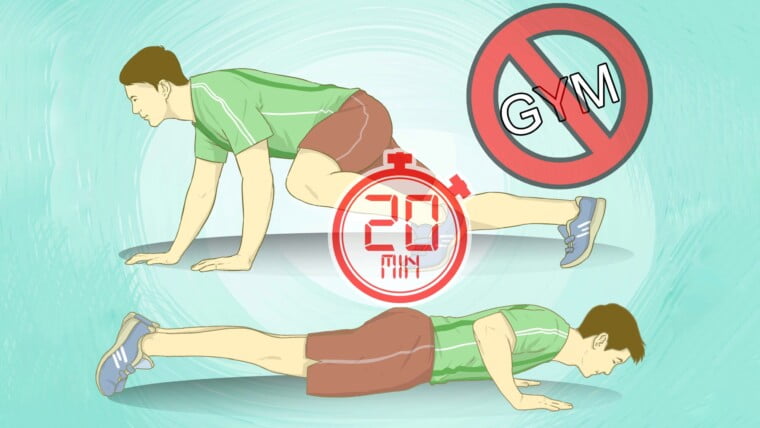You may be wondering how to reduce stress and tension. The answer is not as simple as it seems. There are many ways that you can go about it, and it is up to you to find the one that works best for you.
Stress management can help you reduce stress and frustration, and improving your tolerance for frustration may help you lower your stress levels.
Frustration and stress are related to each other. Both of these feelings act on each other; feeling stressed can cause you to experience frustration, and frustrating situations often generate stress.
What Causes Stress?
Stress is a common problem that many people face. It can be caused by many different things, such as work, family problems, or a medical condition.
No matter what the cause of stress is, it can have some serious consequences on your mental and physical health. It can also affect your relationships with other people. Stress can make you feel like you are not in control of your life and it can lead to depression.
The Connection Between Stress and Frustration
Stress and frustration act on each other in a variety of ways:
- Stress may cause you to feel like you don’t have the resources to overcome challenges, and feeling unable to reach your goals is a key component of frustration.
- Frustration is a common reaction to a recurring, unresolved stressor.
- Frustration is often accompanied by aggression, hostility, impulsivity, and defensiveness—and these emotions can generate their own stress if you don’t deal with them in a healthy manner.
- Increased frustration, irritability, and sensitivity can be signs of burnout, which is often caused by chronic, unmitigated stress.
How to Reduce Frustration
I get it, I know the feeling. Here’s what helped me, maybe it can help you too.
Accept that you are frustrated. Utterly, unreservedly accept it.
Even be grateful for it. Be grateful for the bad and ugly in your life that you are going through. It can always be worse, and the tough times never last.
Take 10 deep breaths. Go for a long walk. Surrender to the situation.
Stop fighting it. Say yes to it. Say yes to the present moment. This is saying yes to life. This is aligning yourself with the present moment.
How to Reduce Stress
Stress is a feeling of pressure and tension that can be caused by both external and internal factors. It is a normal reaction to difficult situations. However, when it becomes chronic, it can take a toll on your mental and physical health.
External factors such as work deadlines, traffic jams, or family responsibilities are often the cause of stress. Internal factors such as poor sleep habits, anxiety, or depression can also lead to stress.
The following are some tips on how to reduce stress:
1. Listening to Some Good Music
Listening to some good music is a great way to reduce stress and tension. The right kind of music can be used as a form of therapy for people who are going through difficult times in their life.
Music has been proven to have many therapeutic effects on the human body, such as reducing blood pressure, heart rate, and anxiety levels. It is also an effective treatment for depression and anxiety disorders because it releases dopamine that helps regulate moods by boosting one’s mood or bringing them down when necessary.
Related: how to stop yourself from anger
2. Leave the Problem
We have all been there before. The problem seems impossible to solve and the stress is unbearable. So, what do we do?
We often try to think of a solution, but it doesn’t work. So, we just keep trying and getting more stressed out in the process.
However, if you take a break from the problem, your brain will start working on it subconsciously while you are doing something else.
This is because your brain has not given up on solving the problem and is still working on it while you are doing other things. It’s like when you put off studying for an exam until the night before and then cramming all night long – your brain never stops trying to find a solution!
3. Distract Yourself
Distracting yourself from something that is causing you stress is one of the best ways to reduce tension.
There are many ways to distract yourself, some of them being listening to music, taking a walk or talking with friends. But there are also other more unconventional ways for you to distract your mind and body.
Some people find it helpful to go on a roller coaster ride or even jump out of an airplane. Other people find it helpful to do things they enjoy such as cooking, gardening or playing sports. You can also try relaxation techniques like deep breathing and yoga.
Related: How To Stop Thinking About Someone
4. Be Mindful
In today’s world, it is difficult to avoid stress and tension. There are many ways to deal with stress and tension. One of the best ways to manage stress and tension is mindfulness. Mindfulness gives you a moment of peace in your day where you can regain control over your thoughts.
When we are mindful, we don’t react or respond impulsively to the things around us, but rather we respond with purposeful thoughtfulness. This allows us to make decisions that are more in line with what we want for ourselves and our lives.
Related: How To Overcome Stress (Stress Management)
5. Talk Yourself Through it
Talk Yourself Through it to Stress and Tension:
This technique is a stress management technique that is used to help reduce anxiety and stress. It was developed by the National Institute of Mental Health in the United States.
The Talk Yourself Through It technique is used to reduce feelings of stress and tension by talking oneself through a stressful event, which may be either real or imagined. The person talks themselves through the event, describing what they see, hear, smell, taste and feel in detail. The person focuses on what they are doing right now and how they can manage their feelings about the event as it happens.
The Talk Yourself Through It technique should be done for at least 10 minutes every day for two weeks before it begins to show results.
Related: How to Protect yourself from burnout
6. Eat Right
A healthy diet and lifestyle are important to help reduce stress and tension. There are many different ways to reduce stress, but it is important to find what works best for you.
There are many ways that a healthy diet can help with stress and tension. A healthy diet can provide the nutrients that your body needs to function properly. It can also provide a sense of balance since you will be eating from all food groups instead of just one or two.
The most important thing is finding what works best for you when it comes to reducing your stress levels. Some people find that eating right helps them, while others find that exercising or meditating does the trick better for them personally.
Related: How To Lose Weight Fast For Men
7. Act Quickly to Ease Stress
It is difficult to live a healthy lifestyle when you are constantly stressed out. Stress can cause a lot of health problems and affect your mental health.
There are many ways to relieve stress, but one of the best ways is to act quickly when you feel like you’re starting to get stressed out. It is important not to let it build up and instead find ways to relieve it as soon as possible.
Related: How To Overcome Stress (Stress Management)
8. Change Your Attitude
Much of whether or not we see something as stressful depends on our habitual thought patterns and how we process the world around us. For example, those who see things as under their control tend to be less stressed about what happens to them, as they see that they always have options for change.
Optimism carries health benefits and can lead to an improved sense of well-being. Learning how to develop an optimistic outlook and resilient state of mind may help you feel less stressed.
Related: How to maintain a positive mental attitude
9. Change Your Lifestyle
If you feel like you’re continually on edge, it’s possible that something needs to change in your life. If you cut down on commitments, take good care of your body, and make other healthy lifestyle changes, you’ll be dealing with less overall stress and you’ll be more effective at managing what you do encounter.
Good nutrition, proper sleep, and regular exercise can work wonders on your stress levels. Making time for leisure activities and creative expression is vital as well; downtime is not just a luxury, but a necessary aspect of a balanced lifestyle and creative activities can be stress-relieving for artists and non-artists alike.
Try engaging in regular stress-relieving activities that fit your personality and lifestyle. Those who regularly walk, meditate or enjoy other stress-relief activities tend to feel less stressed in general and less reactive to specific stressors that arise throughout the day.
Related: 5 Tips to Help Achieve Your Health Goals
10. Sharing With Close Friends, Family, or Loved ones
It’s also helpful to have the release and support of sharing your troubles with close friends, family, or loved ones. While it’s not healthy to constantly complain, talking to a trusted friend about your frustrations now and then (and returning the favor by being a good listener) can help you process what’s going on and enable you to brainstorm solutions.
If you don’t have someone you’re comfortable sharing your situation with, seeing a therapist or starting a regular journaling practice have benefits as well.
Related: How to Choose your friends wisely – 10 Tips
How to Identify the Root Cause of Your Stress Response
Stress can be caused by many factors. One of the most common causes is an inability to cope with a situation.
When you are under stress, you may experience physical symptoms, such as increased heart rate, muscle tension or difficulty breathing. These physical symptoms can lead to mental and emotional problems such as anxiety or depression.
The root cause of your stress response might be a lack of coping skills, lack of self-esteem, or even an addiction problem.
Video: How to Reduce Stress
FAQs: How to Reduce Stress and Tension
1. What are the signs of stress?
There are many signs of stress that we can look out for.
It’s important to recognize the signs of stress in order to work on it before it becomes a bigger issue.
Some of the signs of stress are:
-Headaches
-Feeling tired or exhausted all the time
-Weight gain or weight loss without changing your diet or exercise routine
-Lack of motivation, feeling unmotivated and not caring about things that you usually care about.
2. What are the benefits of stress reduction?
There are many benefits to reducing stress in your life such as:
-improved memory
-increased creativity
-improved sleep quality
-less anxiety
-reduced depression
3. How can I find time for myself in my day?
It is important to take time for ourselves in order to get on top of our lives. Sometimes we can’t find the time for a break, but there are some ways that we can find the time.
Here are some things you can do when you’re feeling overwhelmed:
– Take a break every hour
– Set up some “me time” into your day
– Find a hobby that you enjoy and make it part of your daily routine
4. How can I manage my stress levels?
Stress can be caused by a number of factors, but it is important to know what your stressors are and how you can manage them.
Here are some ways you can reduce your stress levels:
-Exercise
-Meditation
-Yoga
-Positive self talk
-Take care of yourself
5. How does stress affect the body?
Stress is a response to a perceived threat or challenge. Stress is the body’s natural response to danger or a difficult situation. When we are stressed, our brain sends signals that release adrenaline and cortisol. These stress hormones can have many effects on the body, including:
– Increased heart rate and blood pressure
– Slowed digestion
– Muscle tension
– Tiredness
– Difficulty concentrating
The Final Words
The conclusion to this article is that in order to reduce stress and tension, we should start by recognizing the causes of these feelings. It is important to understand what triggers these feelings and what can be done to prevent them from happening. One way to do this is by practicing mindfulness meditation, which has been proven to reduce stress levels.
Be patient. Keep accepting where you’re at. Never fight the present moment. Embrace the uncontrollable. This state of mind is what’s so important. It provides clarity and peace of mind while you keep chipping away at the controllable.
One day you’ll realize, life is flowing for you, with you.
Now I’d like to hear from you:
Do you have any experience or questions regarding ‘How to Reduce Stress and Tension” Either way, please dive in and leave a comment below?










25+ Motivational Quotes By Famous People For Your Success
How Important to Have Sexual Compatibility in a Relationship? 5 Signs
How to Choose your friends wisely – 10 Tips
10 Real Ways To Make Money From Home For Free
Top 5 Freelancing Websites To Earn Online in Pandemic
Make Your Girlfriend Happy
Motivation for Men: Facts, Secrets, and Success Mantra
10 Real Ways To Make Money From Home For Free